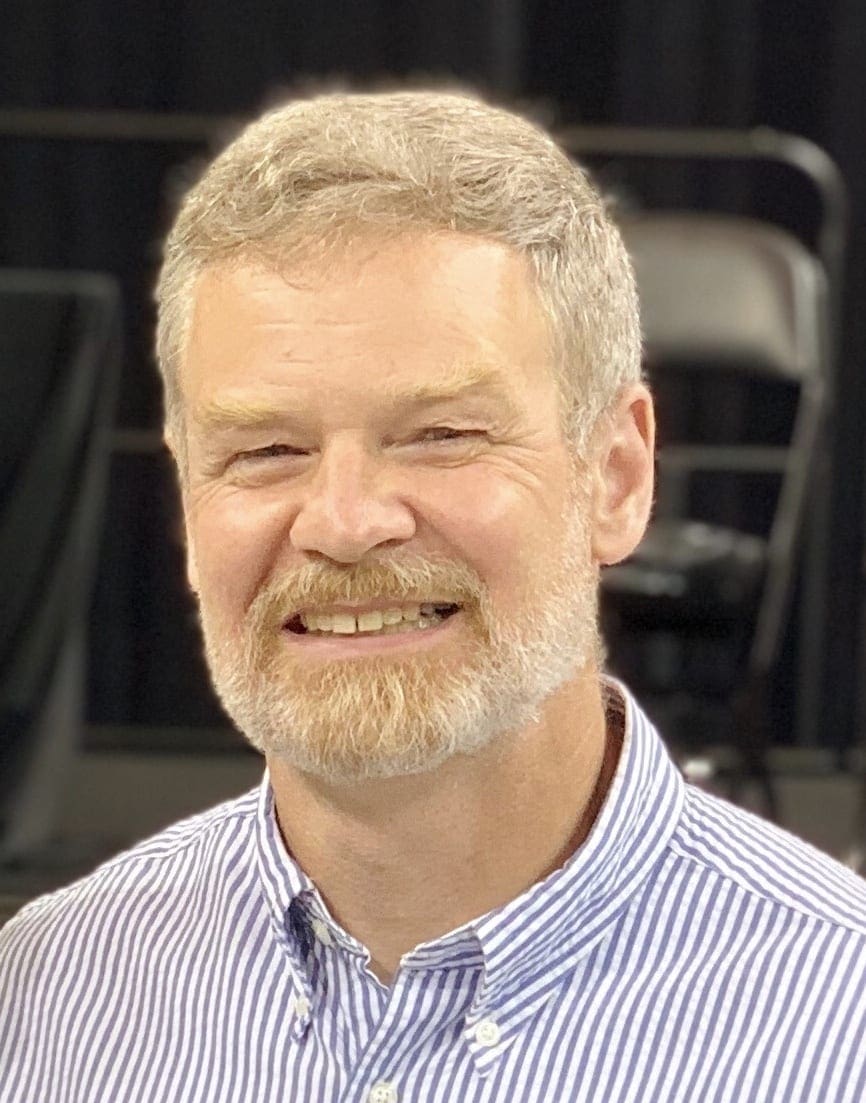 |
| Santa Cruz (I think) police chief leading |
I am no expert in riots nor policing, but my training and my experience tells me to look for the patterns, to look for the variation. Not every city seems to be waging war on its citizens this weekend. This video does show that there is a widespread pattern of abusive conduct. But we also have seen video of cities where the mayors and police chiefs try to and successfully de-escalate. Camden is a striking example because it is a city with much problematic history, with much inequality.
When I studied ethnic conflict more than a decade ago, I was struck by works (if I remember correctly, Steven Wilkinson and, of course, Donald Horowitz) that emphasized the agency of the state. That riots tend to happen where the local/regional governments either permit riots or encourage them. This weekend we saw so many police officers in so many cities over-reacting, engaging in behavior that was far too aggressive. In NY, we see cops driving through protestors. In other cities, we see cops destroying the milk reserves of the citizens (milk is good for treating tear gas victims) and stealing their water. We see cops shooting at people who are clearly the media.
The question is not whether the protestors are out of control but whether the cops are doing this because they are out of control or because they are actually being controlled. Note the statement today by the NYPD commissioner:
To the Members of the NYPD:
— Commissioner Shea (@NYPDShea) May 31, 2020
What you’ve endured these last couple of days and nights—like much of 2020, so far—was unprecedented. In no small way, I want you to know that I’m extremely proud of the way you’ve comported yourselves in the face of such persistent danger... pic.twitter.com/1ez0Ar17Ex
Even if many cops had performed well (not so sure that is true), how can a leader say that after the video of cops driving through protestors hits the airwaves? What signal are you sending? Mayor de Blasio did similarly. No wonder things in NYC are so messed up--with leadership like this, the cops have impunity to act out, and, as the Trump Administration has taught us, if one has impunity, the worst, not the best, behaviors ensue.
Of course, there is another set of actors out there that are encouraging this behavior: police unions. Unions serve their members, but they dis-serve their members when they protect the abusers causing the entire membership to be stained and to encourage bad behavior.
One could blame the random white supremacists and anarchists who show up at these things, and we should. But they are not the systematic dynamic that is driving so much of the awful stuff we have seen across the United States. What explains the variation is the quality of leadership in and above the police forces, the training they have done, and the doctrine they have established. Is the priority protecting the cops or the citizens? Is the focus on property or on people? Is the effort aimed at de-escalating or escalating? Because there is variation among American cities, the focus should be on the factors that exist in those cities that remained peaceful versus those that are present where the police saw the public as their enemy.
The various National Guard units may help or hurt depending on their training and their leadership. I worry a great deal about the 82nd Airborne or some other regular army force showing up mostly because I don't they have been doing much crowd control training lately. So, they will be poorly prepared. Oh, and their leadership--the President of the United States and the Secretary of Defense--are not up to the task. I could and probably will blog at length at the civ-mil problems of calling out the military in a time like this, but suffice to say that a President who has encouraged the police to be more violent is not the guy who should be commanding troops while cities are burning.
Times like these show us that leadership matters. And, alas, from Minneapolis to NYC to the White House, good leadership is in short supply.















